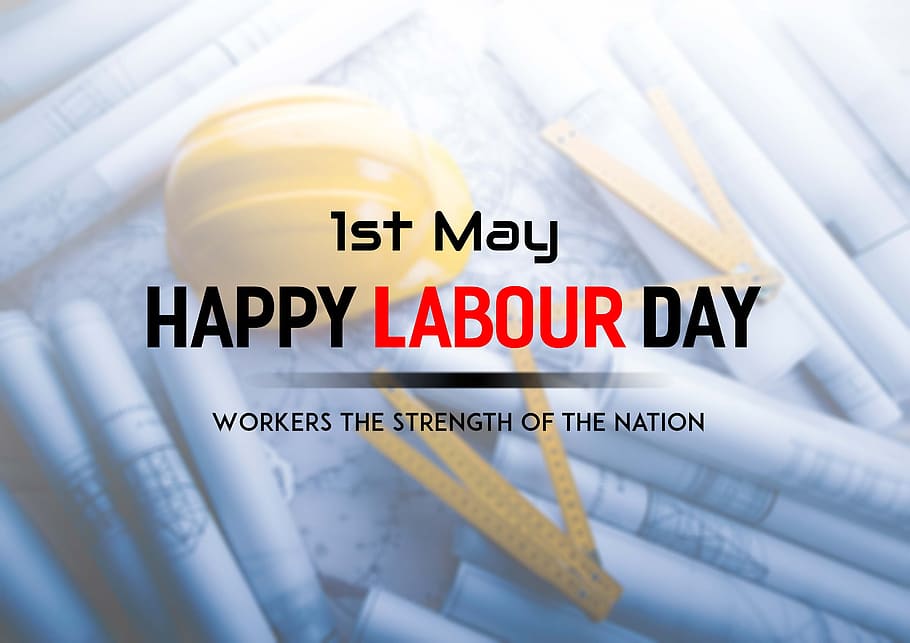The origins of Labour Day can be traced back to the late 19th century when labor unions in the United States began to campaign for better working conditions, including an eight-hour workday. On May 1st, 1886, thousands of workers went on strike across the country to demand these rights, and in some cities, the strikes turned violent.
In the years that followed, the tradition of holding demonstrations and rallies on May 1st continued to spread across the world, and the day became associated with the struggle for workers' rights and social justice. Today, Labour Day is a public holiday in many countries, and is often marked by parades, speeches, and other celebrations organized by labor unions and other organizations.
Overall, Labour Day serves as an important reminder of the ongoing struggle for fair and equitable treatment of workers, and the ongoing need for collective action to achieve social and economic justice.



